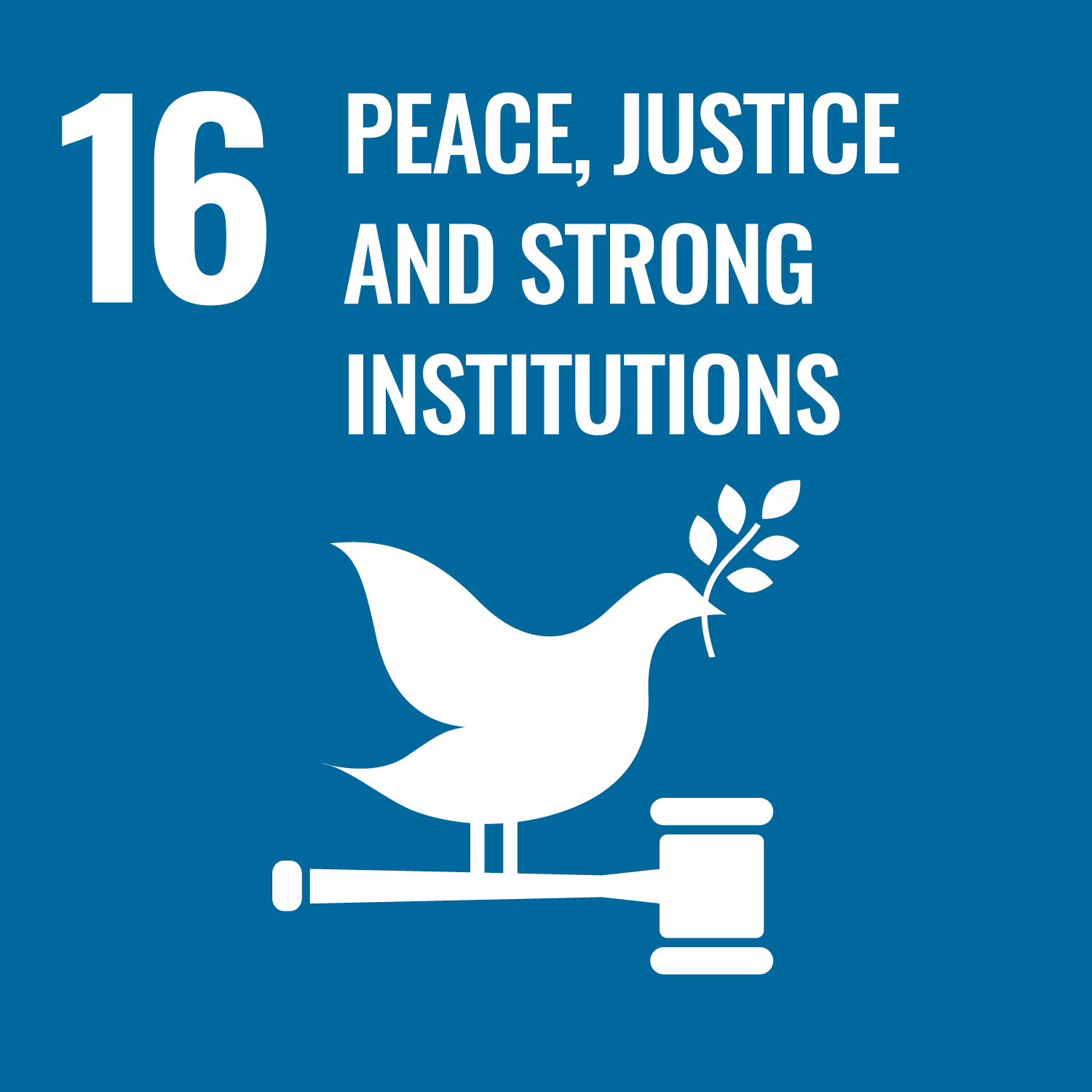NYC Adolescent Behavioral Learning Experience (i.e. ABLE) Project for Incarcerated Youth
Aligned SDGs


- NYC Adolescent Behavioral Learning Experience (i.e. ABLE) Project for Incarcerated Youth
- General overview
- Location
- Involved organisations
- Outcome metrics
- Results
- Other resources
- Spreadsheet of data
- NYC Adolescent Behavioral Learning Experience (i.e. ABLE) Project for Incarcerated Youth
- General overview
- Location
- Involved organisations
- Outcome metrics
- Results
- Other resources
- Spreadsheet of data
General overview
Stage of development: Complete
Policy sector: Criminal justice
Start date of service provision: Aug 2012
Capital raised (minimum): USD 7.20m
Service users: 1k+ individuals
Intervention
The ABLE program aims to break the cycle of re-incarceration for adolescents in jail using Moral Reconation Therapy (i.e. MRT), an evidence-based intervention that focuses on improving decision-making. MRT is a form of cognitive behavioral therapy in which participants progress through a series of steps with the help of a trained facilitator, graduating from one stage to the next by delivering testimonies or presentations about themselves. The goal of the intervention is to decrease the participant's likelihood of future criminal behavior and reincarceration.
Target population
Youth between ages of 16 and 18 attending school while being detained at Rikers Island jail.
Location
Country
- United States
Service delivery locations
- Rikers Island, The Bronx, New York City
Involved organisations
Commissioners/outcome payers
Service Providers
Investors
Intermediary organisations
Outcome metrics
- Decline in juvenile recidivism - minimum fee. Reduction in re-incarceration rate of juvenile detainees reduced by >=8.5% relative to historical control group. Total days spent in jail by adolescents following arrest on a new charge in the 12- and 24-month periods following initial release.
- Decline in juvenile recidivism - breakeven. Reduction in re-incarceration rate of juvenile detainees reduced by >=10% compared to historical control group. Total days spent in jail by adolescents following arrest on a new charge in the 12- and 24-month periods following initial release.
- Decline in juvenile recidivism - third echelon. Reduction in re-incarceration rate of juvenile detainees reduced by >=11% compared to historical control group. Total days spent in jail by adolescents following arrest on a new charge in the 12- and 24-month periods following initial release.
- Decline in juvenile recidivism - fourth echelon. Reduction in re-incarceration rate of juvenile detainees reduced by >=12% compared to historical control group. Total days spent in jail by adolescents following arrest on a new charge in the 12- and 24-month periods following initial release.
- Decline in juvenile recidivism - fifth echelon. Reduction in re-incarceration rate of juvenile detainees reduced by >=12.5% compared to historical control group. Total days spent in jail by adolescents following arrest on a new charge in the 12- and 24-month periods following initial release.
- Decline in juvenile recidivism - sixth echelon. Reduction in re-incarceration rate of juvenile detainees reduced by >=13% compared to historical control group. Total days spent in jail by adolescents following arrest on a new charge in the 12- and 24-month periods following initial release.
- Decline in juvenile recidivism - seventh echelon. Reduction in re-incarceration rate of juvenile detainees reduced by >=16% compared to historical control group. Total days spent in jail by adolescents following arrest on a new charge in the 12- and 24-month periods following initial release.
- Decline in juvenile recidivism - eight echelon. Reduction in re-incarceration rate of juvenile detainees reduced by >=20% compared to historical control group. Total days spent in jail by adolescents following arrest on a new charge in the 12- and 24-month periods following initial release.
Spreadsheet of data
Important Notice and Disclaimer on INDIGO Data
INDIGO data are shared for research and policy analysis purposes. INDIGO data can be used to support a range of insights, for example, to understand the social outcomes that projects aim to improve, the network of organisations across projects, trends, scales, timelines and summary information. The collaborative system by which we collect, process, and share data is designed to advance data-sharing norms, harmonise data definitions and improve data use. These data are NOT shared for auditing, investment, or legal purposes. Please independently verify any data that you might use in decision making. We provide no guarantees or assurances as to the quality of these data. Data may be inaccurate, incomplete, inconsistent, and/or not current for various reasons: INDIGO is a collaborative and iterative initiative that mostly relies on projects all over the world volunteering to share their data. We have a system for processing information and try to attribute data to named sources, but we do not audit, cross-check, or verify all information provided to us. It takes time and resources to share data, which may not have been included in a project’s budget. Many of the projects are ongoing and timely updates may not be available. Different people may have different interpretations of data items and definitions. Even when data are high quality, interpretation or generalisation to different contexts may not be possible and/or requires additional information and/or expertise. Help us improve our data quality: email us at indigo@bsg.ox.ac.uk if you have data on new projects, changes or performance updates on current projects, clarifications or corrections on our data, and/or confidentiality or sensitivity notices. Please also give input via the INDIGO Data Definitions Improvement Tool and INDIGO Feedback Questionnaire.